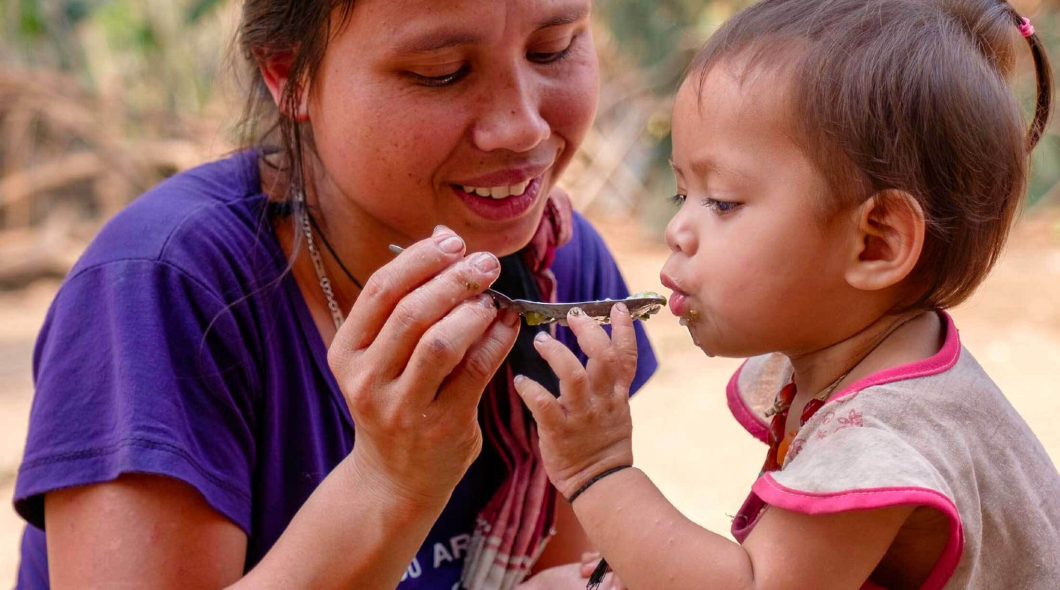
Global Experts Urge UN to Consider Nutritional Impact of Trans-Fatty Acid Policies
Over 115 international food and health experts, including representatives from Africa, have expressed concerns about the potential impact of a proposed United Nations policy aimed at eliminating trans-fatty acids from global diets. These experts emphasize the need for careful consideration of how such policies could affect access to essential nutrients for the world’s poorest populations, particularly in regions like Uganda.
The United Nations is currently working on a resolution to eliminate all trans-fatty acids from diets worldwide as part of a broader initiative to combat non-communicable diseases (NCDs) such as heart disease and diabetes. While this effort is well-intentioned, scientists and nutritionists warn that the approach must be nuanced to avoid unintended consequences.
The Risk of a Blanket Ban
A key concern is the potential for a blanket ban on trans-fatty acids to inadvertently discourage the consumption of naturally occurring trans fats found in dairy products, meat, and other animal-source foods. These natural trans fats are already under-consumed in low-income regions, where access to quality nutrition is limited.
An open letter, coordinated by the International Livestock Research Institute (ILRI) in Nairobi, highlights this risk. Endorsed by the African Union’s Inter-African Bureau for Animal Resources (AU-IBAR), the letter was signed by experts affiliated with various organizations, including the UN Committee on World Food Security, the Global Alliance for Improved Nutrition (GAIN), and the World Alliance of Mobile Indigenous Peoples (WAMIP).
“The risk of a blanket ban is that it could undermine the role of animal-source foods in fighting malnutrition, especially in low- and middle-income countries where access to quality nutrition is already limited,” the letter states.
Malnutrition in Uganda and Other African Countries
Uganda, like many African nations, continues to face significant challenges related to food insecurity and malnutrition. According to 2023 statistics, at least one in five Africans faced hunger, and about one in three children under the age of five suffered from stunted growth. Experts warn that eliminating even low levels of natural trans-fats, which occur in dairy and meat, could further compromise food security.
Dr. Namukolo Covic, the ILRI’s Director General’s Representative to Ethiopia, emphasized the importance of these foods. “Milk and meat offer vital micronutrients such as vitamin A, vitamin B12, calcium, and zinc. For many children, even a single glass of milk can reduce stunting and support healthy growth,” he said.
“These foods are nutrient-dense and play a crucial role in early childhood development.”
Natural vs. Industrial Trans-Fats
It is important to distinguish between naturally occurring trans-fats and industrially produced ones. Unlike the latter, which are known to increase the risk of NCDs, the naturally occurring versions in animal products are present in minimal amounts and may even have health benefits. Studies have shown that they could potentially lower the risk of type 2 diabetes.
Professor Ruth Oniang’o, a leading food and nutrition scientist and editor-in-chief of the African Journal of Food, Agriculture, Nutrition and Development, stressed the need for a balanced perspective. “In industrialised countries, food processing contributes most to trans-fat intake. But in African contexts, food processing is still limited. We should be using this moment of food system transformation to eliminate industrial trans fats while preserving the vital role of animal-source foods in nutrition.”
She added, “For many low-income families, animal-source foods are the only dependable source of essential nutrients. UN negotiators must not ignore this reality.”
Next Steps and Global Implications
The draft UN declaration is currently being reviewed by member states and is expected to be finalised by September during the UN General Assembly. Discussions around the resolution will also feature during the UN High-Level Political Forum, which will take place in New York from July 14–23. This forum will review global progress toward achieving Sustainable Development Goal 3: Good Health and Wellbeing.
As the debate continues, the voices of experts from across the globe highlight the importance of ensuring that any policies addressing trans-fatty acids do not inadvertently harm the most vulnerable populations. Balancing public health goals with nutritional needs remains a critical challenge in the ongoing effort to improve global food systems.


Posting Komentar